SEED FUNDING JOINT PROGRAMMES
Rwanda
Resilient Food Systems: Enhanced Value Chain and Post Harvest Management





PROJECT TITLE | Resilient Food Systems: Enhanced Value Chain and Post Harvest Management |
| Context | Food systems transformation is embedded in several national policies in Rwanda, including the National Transformation Strategy, the Strategic Plan for Agriculture Transformation, the National Environment and Climate Change Policy. In 2021, Rwanda developed its National Pathway, which highlights four priority areas for the country towards 2030: ensuring food security and nutrition for all, while increasing demand for healthy diets; enhancing the environmental sustainability of food systems; improving livelihoods for farmers and all workers in food systems while building resilience to shocks; promoting inclusion of women and youth in food systems, including through enhanced financial opportunities. |
| PUNOs | FAO, WFP, IFAD |
| Contribution to SDGs | SDG 1 No Poverty; SDG 2 Zero Hunger; SDG 8 Decent Work and Economic Growth; SDG 13 Climate Action |
| Contribution to other SDG transitions | Decent Jobs and Universal Social Protection; Energy Access and Affordability |
| Duration | July 2024 – June 2025 |
| Expected financial leverage | $ 3,070,000 |
| Alignment with SG Call to Action | Policy integration; Food systems governance; Research, data, technology and innovation; Inclusive and participatory design; Private sector engagement |
| Outcomes | The JP leverages on improved post-harvest management as a strategic approach to simultaneously reduce food loss, improve incomes, and boost food availability. The JP promotes the economic integration of youth-led MSMEs and builds linkages with partners and initiatives focused on nutrition and food security to connect the dots between food production, processing and consumption. |
| Partners |
|
| Outputs |
|
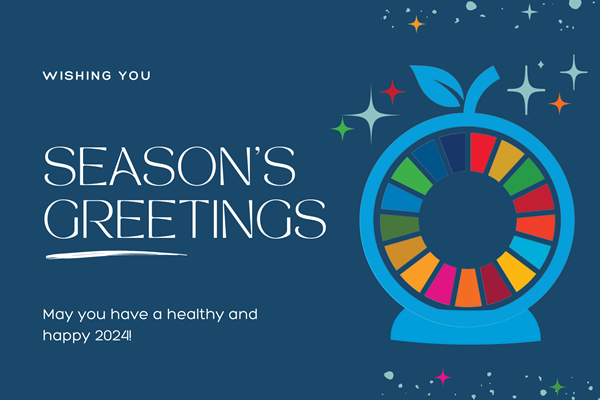
Happy holidays: Celebrating a year of progress
22/12/2023
As 2023 comes to a close, we pause to reflect on our collective achievements, cherished partnerships, and shared commitment to transforming food systems for a sustainable future.

Advancing sustainable food systems and climate goals at COP28
19/12/2023
The UN Food Systems Coordination Hub collaborates with the COP28 Presidency to advance sustainable food systems and support national efforts towards the SDGs and Paris Agreement targets.
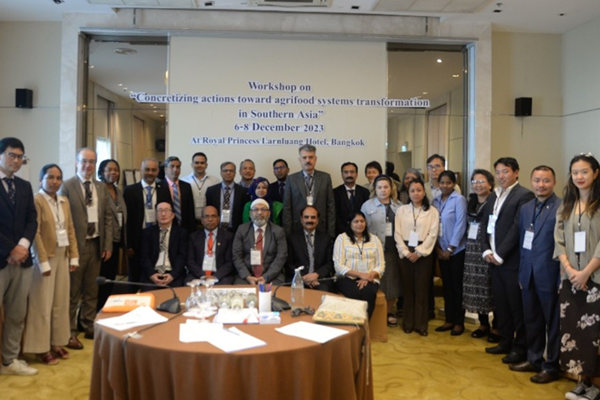
Advancing agrifood systems transformation: Key insights from the FAO-UNEP workshop in Bangkok
18/12/2023
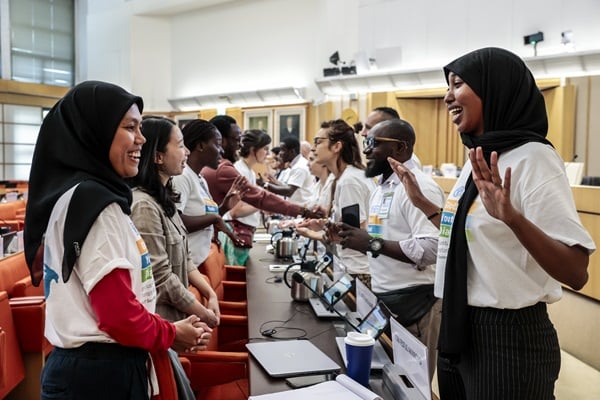
Call for expression of interest: Food Systems Youth Leadership Program
15/12/2023
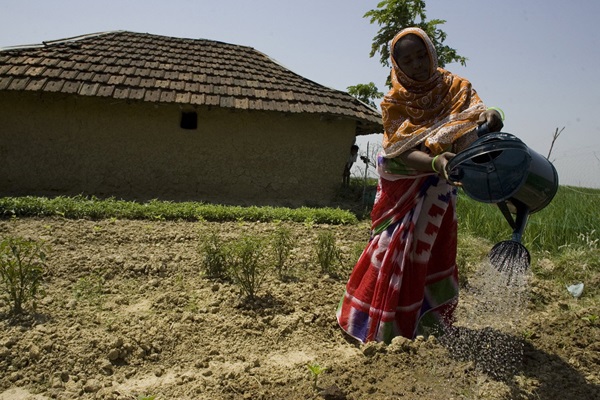
National Convenors propel joint implementation of the food systems transformation and climate action agendas
06/12/2023
National Convenors explore the crucial intersection of food systems transformation and climate action, providing valuable input for the development of a new Convergence Initiative.
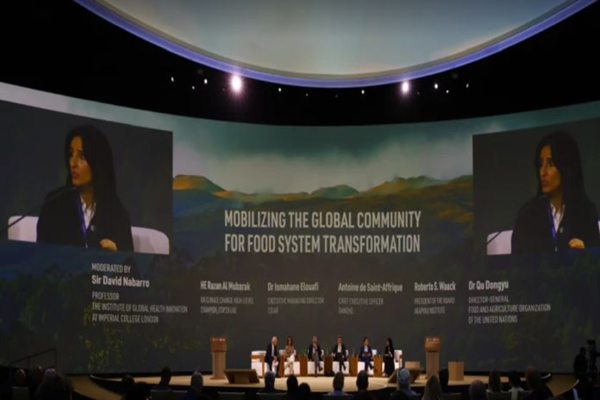
Over 130 countries sign landmark declaration on agriculture, food and climate action
04/12/2023

UN Second Committee spotlights UN Food Systems Summit process in newly adopted resolutions
22/11/2023
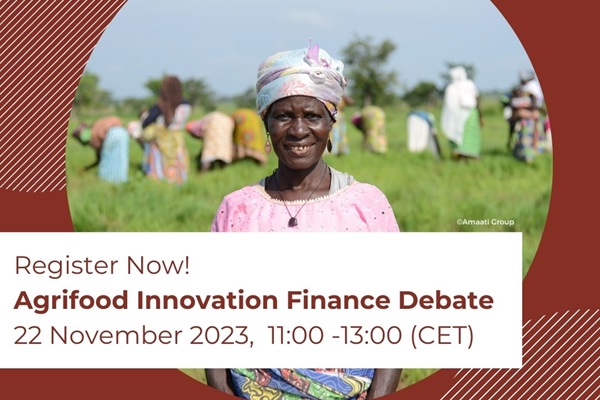
Agrifood Innovation Finance Debate
17/11/2023
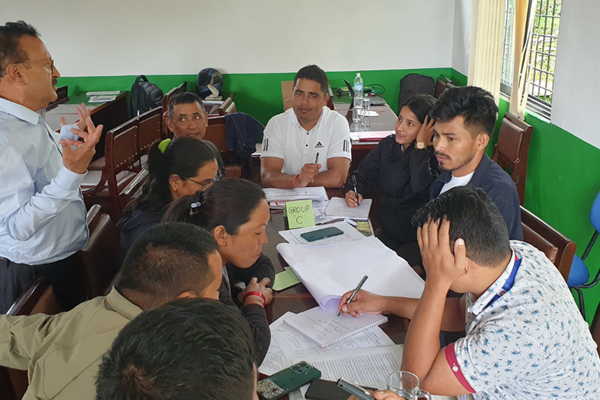
Transforming food systems in Nepal: A focus on localization
15/11/2023
We turn our attention to Nepal's collaborative journey in localizing its national food systems transformation pathway across five municipalities, leveraging the Hub’s support.
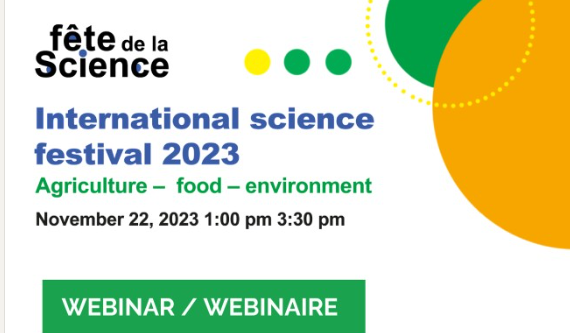
International science festival's webinar: "Agenda 2030 & scientific challenges"
10/11/2023
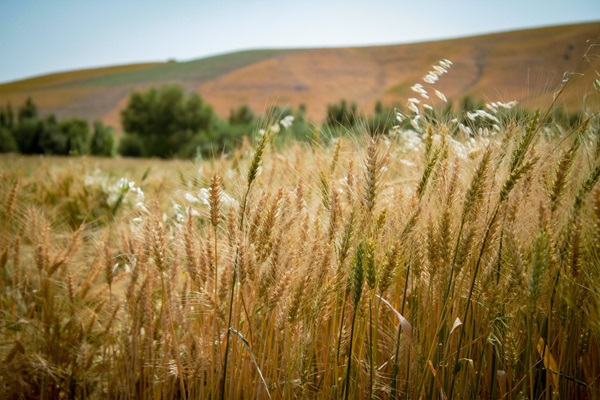
The world is precariously dependent on just a handful of staple food crops – we must diversify
24/10/2023
Just six crops account for 75 per cent of the world’s plant-derived energy intake. These underused foods could help to end malnutrition.
Op-ed published in The Telegraph by Shakuntala Haraksingh Thilsted, Chair of the UN Food Systems Coordination Hub Science Advisory Committee, and Ismahane Elouafi, Chief scientist at FAO.
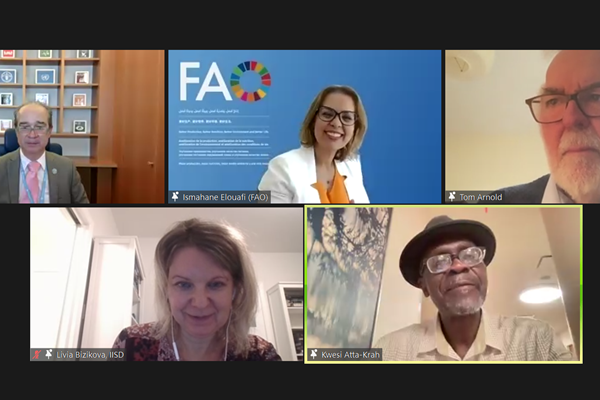
Applying Systems Thinking for Food Systems Transformation
05/10/2023
A high-level panel of experts explores how systems thinking can accelerate progress for the Sustainable Development Goals (SDGs) during the UN Food Systems Coordination Hub's Webinar Series.
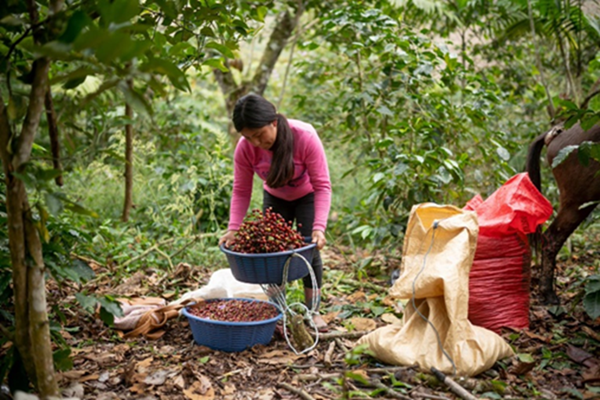
Call for stakeholder input for the Needs Assessment and Engagement Survey of the Forests and Food Systems Coalition
29/09/2023
Would you like to contribute to the Needs Assessment and Engagement Survey - Assessing needs and opportunities for promoting forest positive agriculture and sustainable food systems? Participate before the deadline of October 5, 2023.
The Forests and Food Systems (FFS) Coalition is undertaking a survey to identify gaps and needs of selected stakeholders to decouple agricultural supply chains from deforestation as well as key steps and actions the Coalition could take in 2024-2025/onwards to fine tune its support to public and private stakeholders working in forestry, agriculture, and trade, on this endeavor.
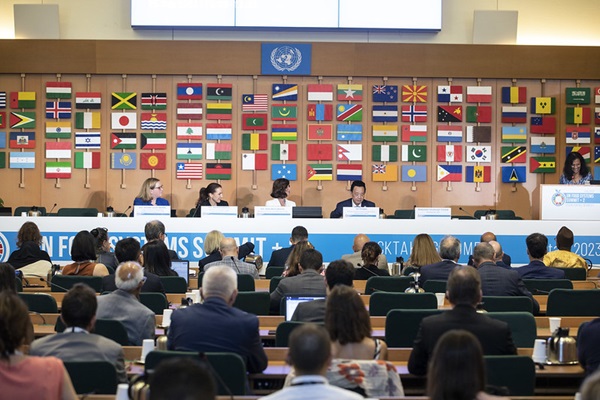
PRESS RELEASE: Science, Technology and Innovation Approaches in Paving the Way Forward for Food Systems Transformation
04/08/2023
UN Food Systems Summit +2 Stocktaking Moment gave recognition to the importance of using science, technology and innovation approaches as evidence-based guides to shape national and sub-national food systems transformation.
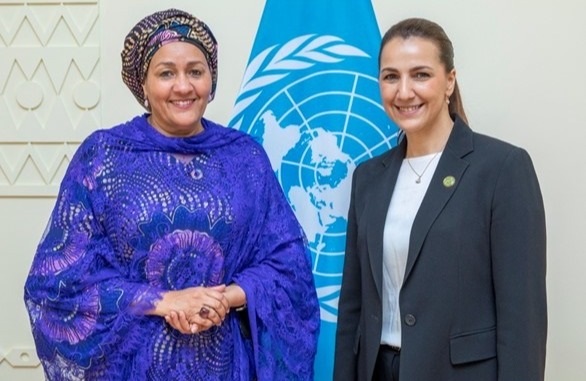
PRESS RELEASE - COP28 Presidency and UN Food Systems Coordination Hub Join Forces to Harness the Power of Food Systems Transformation for Climate Action
28/07/2023
A new strategic partnership will elevate the role of food systems as one of the most impactful accelerators of the SDGs and a critical area for Climate Action.
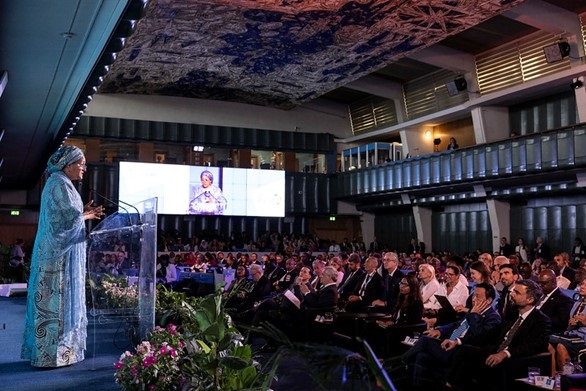
PRESS RELEASE: Global Leaders and Stakeholders Rally for Accelerated Food Systems Transformation at UN Food Systems Summit +2 Stocktaking Moment
26/07/2023
UN Food Systems Summit +2 Stocktaking Moment wraps up with a Call to Action for Accelerated Food Systems Transformation.
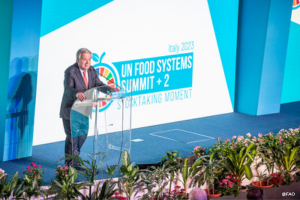
UN Secretary-General Urges Accelerated Food Systems Transformation: Call to Action Launched at UN Food Systems Summit +2
26/07/2023
To accelerate food systems transformation as a key driver to achieve the 2030 Agenda, the UN Secretary-General issued a Call to Action at the UN Food Systems Summit +2 Stocktaking Moment. View the Call to Action.
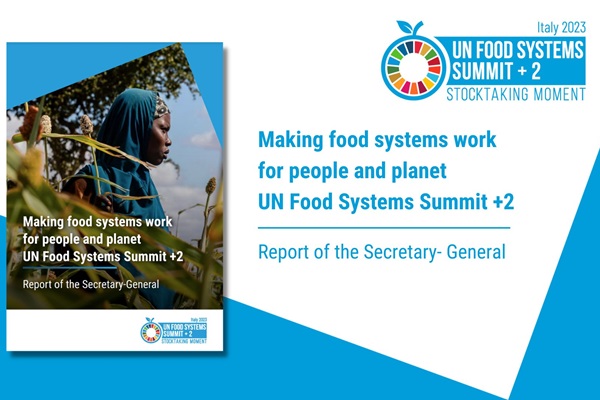
UN Secretary-General's Report for the UNFSS+2 Now Available
24/07/2023

UN Secretary-General's Report for the UNFSS+2 Now Available
24/07/2023
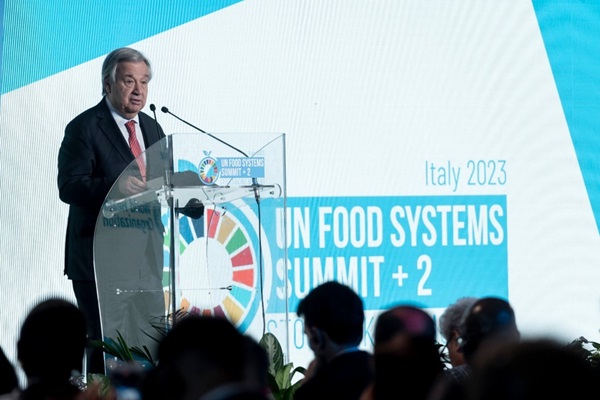
UN Secretary General convenes world leaders and key actors for UN Food Systems Summit +2 Stocktaking Moment in push to transform food systems and accelerate action for the SDGs
24/07/2023
Projections show that by 2030, approximately 600 million people will be chronically undernourished, posing significant challenges to achieve zero hunger.
